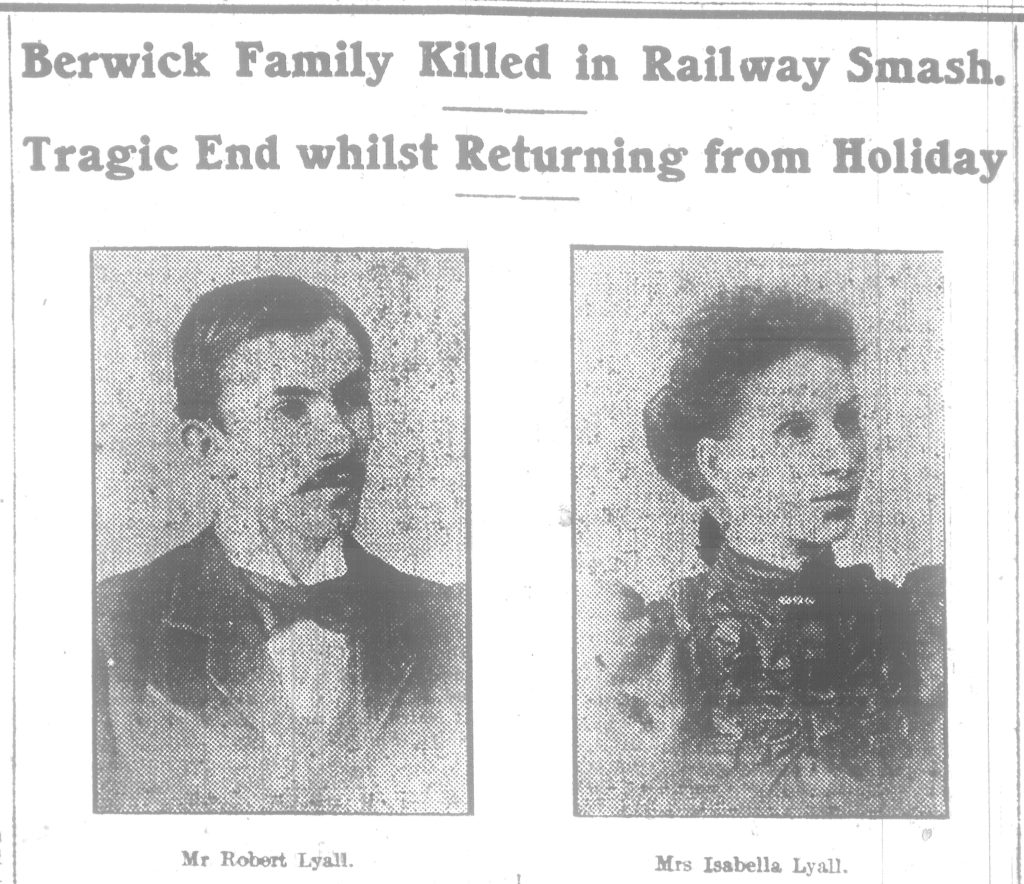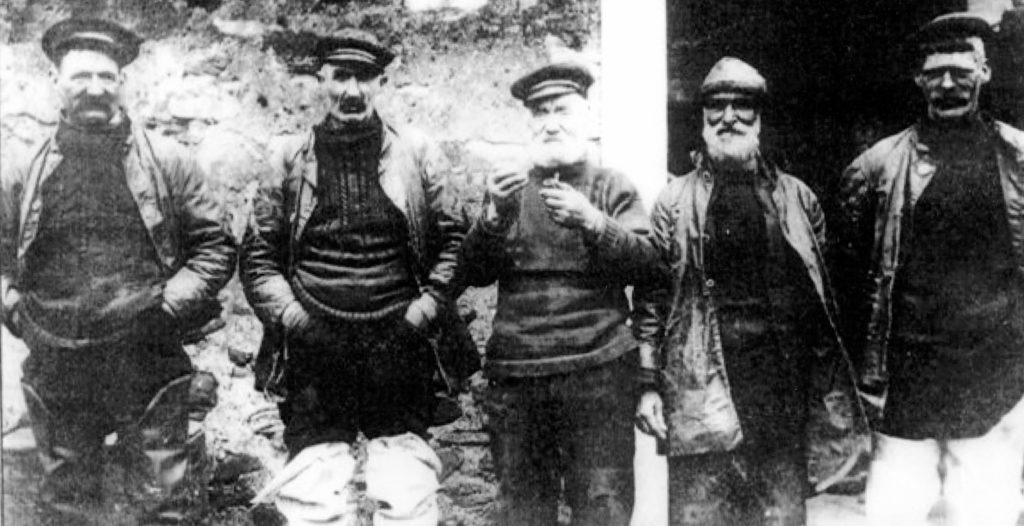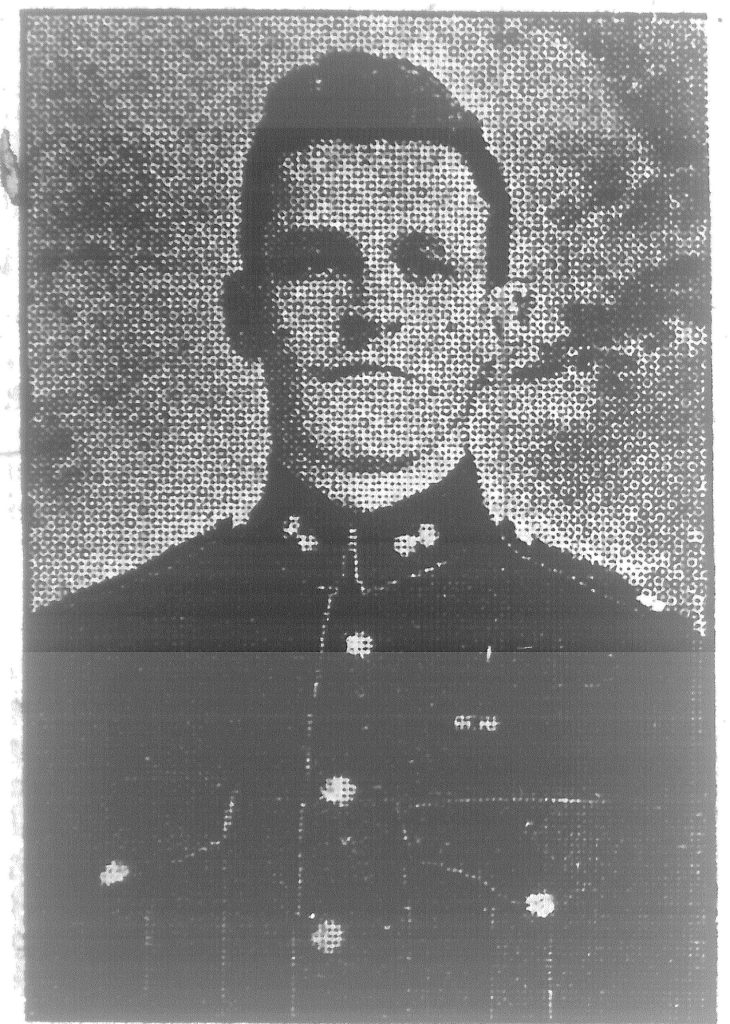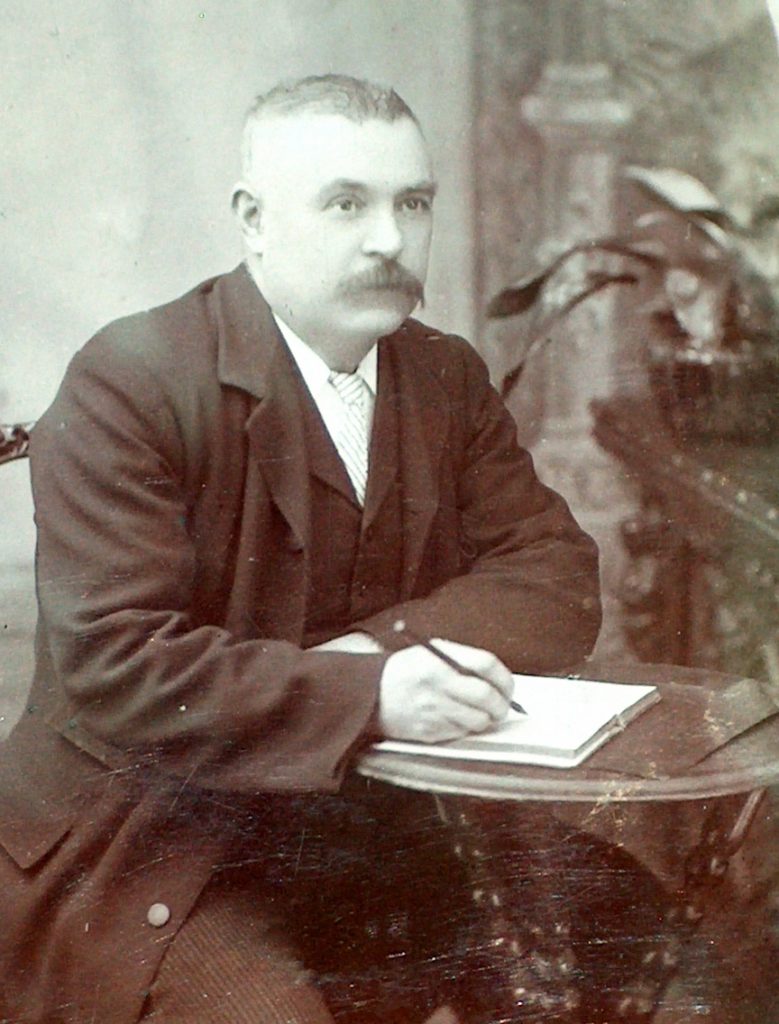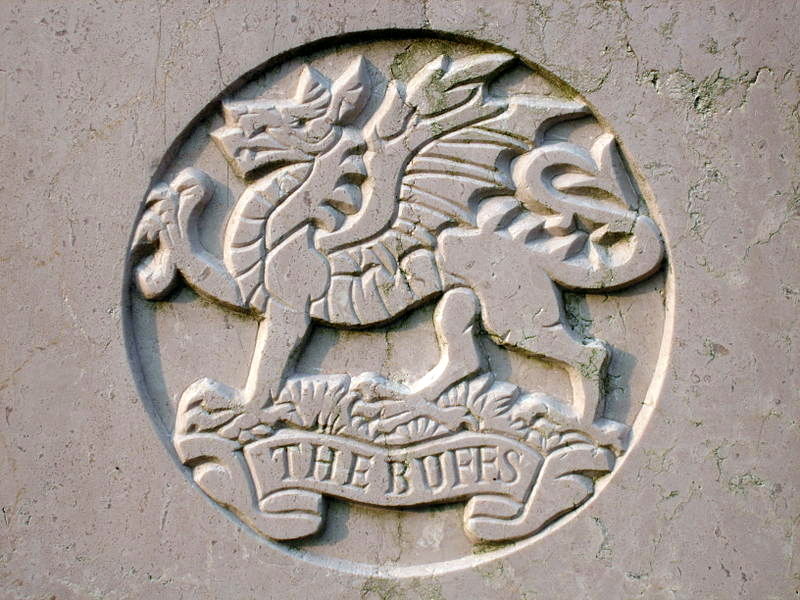
MORE BAD HOUSES IN NORHAM AND ISLANDSHIRE
A WRETCHED HOUSE FOR A DEMOBILISED SOLDIER
At a meeting of the Rural District Council on Tuesday afternoon, Dr McWhir submitted a further report on defective housing. Since the last meeting of the Council there had been three deaths, representing a death rate of 7.0 per 1000.
Mr J. R. Wood – That testifies to the wonderful good health of the people in the district.
Giving special cases of defective housing conditions in the district, Dr McWhir strongly criticised in his report the unhealthy condition of cottages on various farms. The farm cottages selected by the Medical Officer this month were those at Cheswick Buildings, Ancroft Town Farm, Newburn, Cornhill Farm, and Cheswick Farm, the conditions here being described by him as appalling. Most of the houses were damp and imperfectly lighted with hinged windows. At the conclusion of his report he mentioned that a soldier recently demobilised was living in one of these wretched houses.

During the stress and strain of war there had been a lot of claptrap about improving the housing conditions of the men on their return, and he wondered if, by allowing such conditions to remain, the country were showing its indebtedness in the proper way to the men who had fought in the war.
There was an interesting discussion on the report, the Council as a body being evidently determined to make themselves thoroughly acquainted with the facts with a view to having the evils remedies. There are great difficulties in the way of reform, one of the chief of these being – as pointed out by the Chairman, that of finding suitable accommodation for the families in the event of their present houses being condemned
COTTAGES AT CHESWICK BUILDINGS
In describing the cottages at Cheswick Buildings, Dr McWhir said that while not being ideal when contrasted with others, they were above the average.
PEACE CELEBRATIONS
HORNCLIFFE
Horncliffe Peace Celebrations took the form of a tea to the children and old people of the village. The Committee responsible could not get a field in the village, but one at the riverside was kindly given by Mr Dixon, farmer, at Velvet Hall. Owing to the distance of the field from the village many old people were unable to participate in the afternoon’s enjoyment. The school children assembled at Horncliffe School, and afterwards marched to the Post Office, where their parents and friends were waiting to hear the Royal Proclamation read. The Proclamation was read by Mr Geo. Turner, and the children, led by Mr Cunningham and Miss Guy, afterwards sang the National Anthem and splendidly they sang it. The children then marched round the village singing and waving their flags, and afterwards proceeded to the field, accompanied by parents and friends. A good tea was provided, which all enjoyed, and afterwards the children and grown-ups ran races and played games until about 7 p.m.
The children looked so happy in their holiday attire, and with their gay flags that one felt it was a privilege to contribute to their enjoyment. It was intended to present each child with a medal, but these did not come forward in time, so the children will get them later on.
In the evening a dance was held in the Schoolroom and afterwards a bonfire was lit on the Bank Head.
The sports were held under the supervision of the Head Master, Mr T. F. Cunningham, and Miss Guy, assistant, together with Mr G. Turner, the correspondent of the school, who was responsible for most of the arrangements for the tea. The worthy village blacksmith, Mr A. Simpson, also rendered valuable service in the fitting up the various erections for the sports. The actual serving of the tea was under the experienced and kindly care of Mrs Redpath of Horncliffe, who was ably assisted by several very willing young ladies. Milk for the tea was kindly sent by Mrs Embleton, Mrs J. Brown, and Mrs Jeffrey.
NOTES FROM SPITTAL
NORWEGIAN REWARD TO FISHERMEN
Mr Bart Lough, Spittal, and his gallant crew have been presented with £21 from the King of Norway for having rescued the sole survivor of the Norwegian steamship “Venus,” which was blown up at sea off Berwick on April 14th, 1917.

The rescued man lay for a considerable time in Berwick Infirmary before finally recovering. The presentation was made by Mr Toohey, and we understand the award has been apportioned as follows:- £5 to Mr Lough; and £2 each to P. Emery, W. Patterson, P. Patterson, John Patterson, Thomas Johnston, J. Laidlaw, R. Elliott, and Thomas White.
LOCAL NEWS
A rather peculiar incident took place in the Baptist Church, Berwick, on Sunday. Major McGill was to have conducted the service morning and evening, but was unable to be forward owing to the railway strike, and the Rev. J. R. Bentley being in the congregation he was asked to take the service. This he kindly consented to do, but as he entered the pulpit a few of the congregation rose from their seats and left the building. A fine example of present-day Christianity?
On Thursday, this week, the 1st Berwick Company of Girl Guides go into camp for a week at Gainslaw. The company has been in existence for about a year, and the girls look very smart in their navy blue uniforms, several of them having already qualified for badges. While in camp, Miss Gordon Smith, their leader will be in charge, and the time will be spent in “tracking” and further qualifying for badges. Through the kindness of Mr Rand, the barn at Gainslaw farm will be available in case of wet weather.
During the progress of the athletic sports the grass on the crown of the ramparts over Flagstaff Park caught fire, evidently having been ignited by a match thrown down by some careless smoker, and burned fiercely all afternoon. Fanned by a westerly wind the fire spread all along to the covering flankers and it was rather a sell to those who believe in having their amusement free by standing on the walls, to have their view of the Cricket Field blotted out with smoke. The grass was still smouldering on Tuesday.
A meeting of the Northumberland Insurance Committee was held in Newcastle last week Mr Gerald A. France, M.P., was re-elected chairman, and Mr G. G. Rea vice-chairman. Mr D. H. W. Askew was one of the County Council nominations to the Committee, and Mrs Plenderleith, of Berwick, was one of the two women appointed. The list of applications for sanatorium benefit was much longer than usual, and the Chairman impressed upon the Committee the necessity for increased accommodation as soon as possible.


